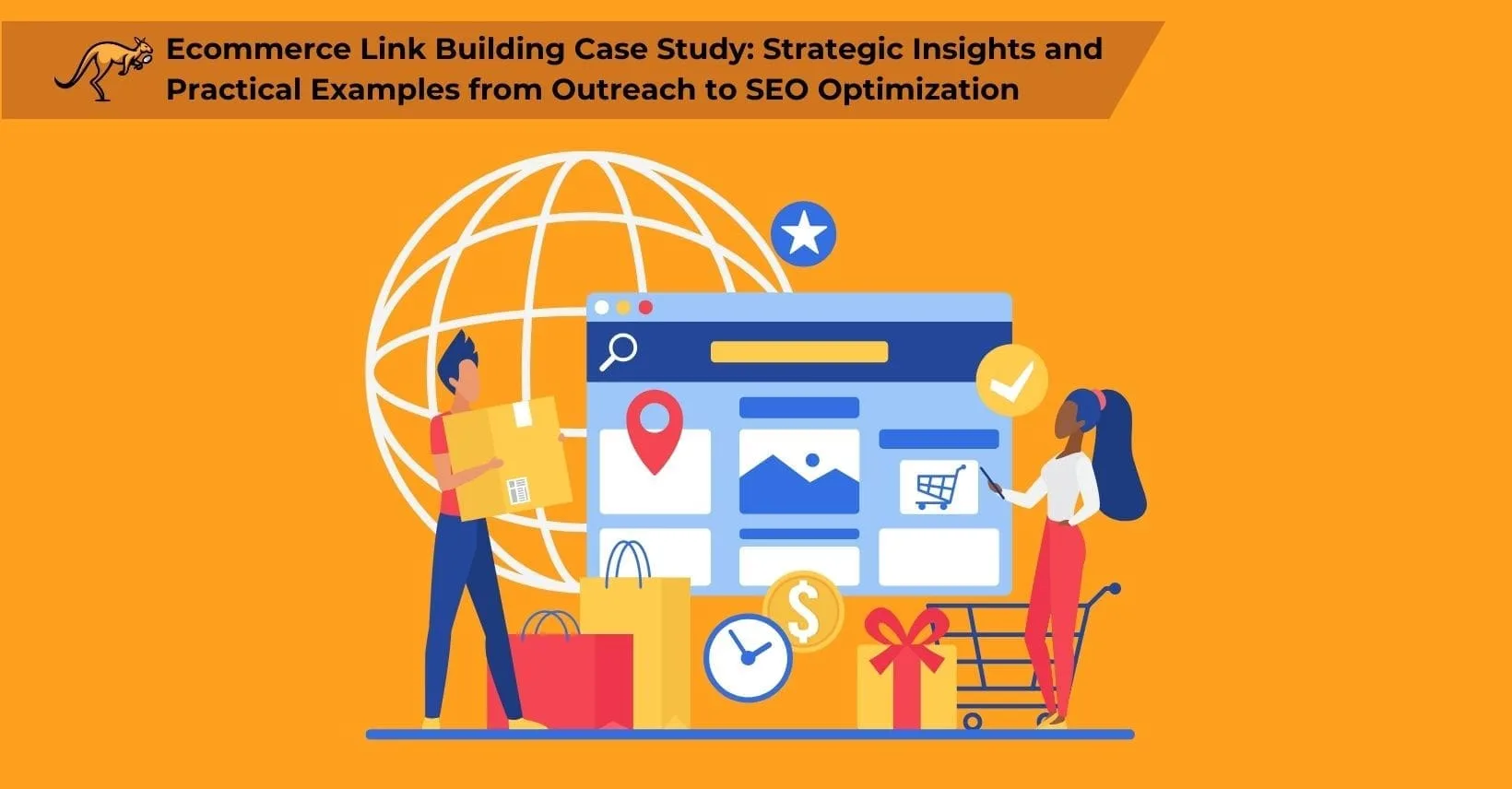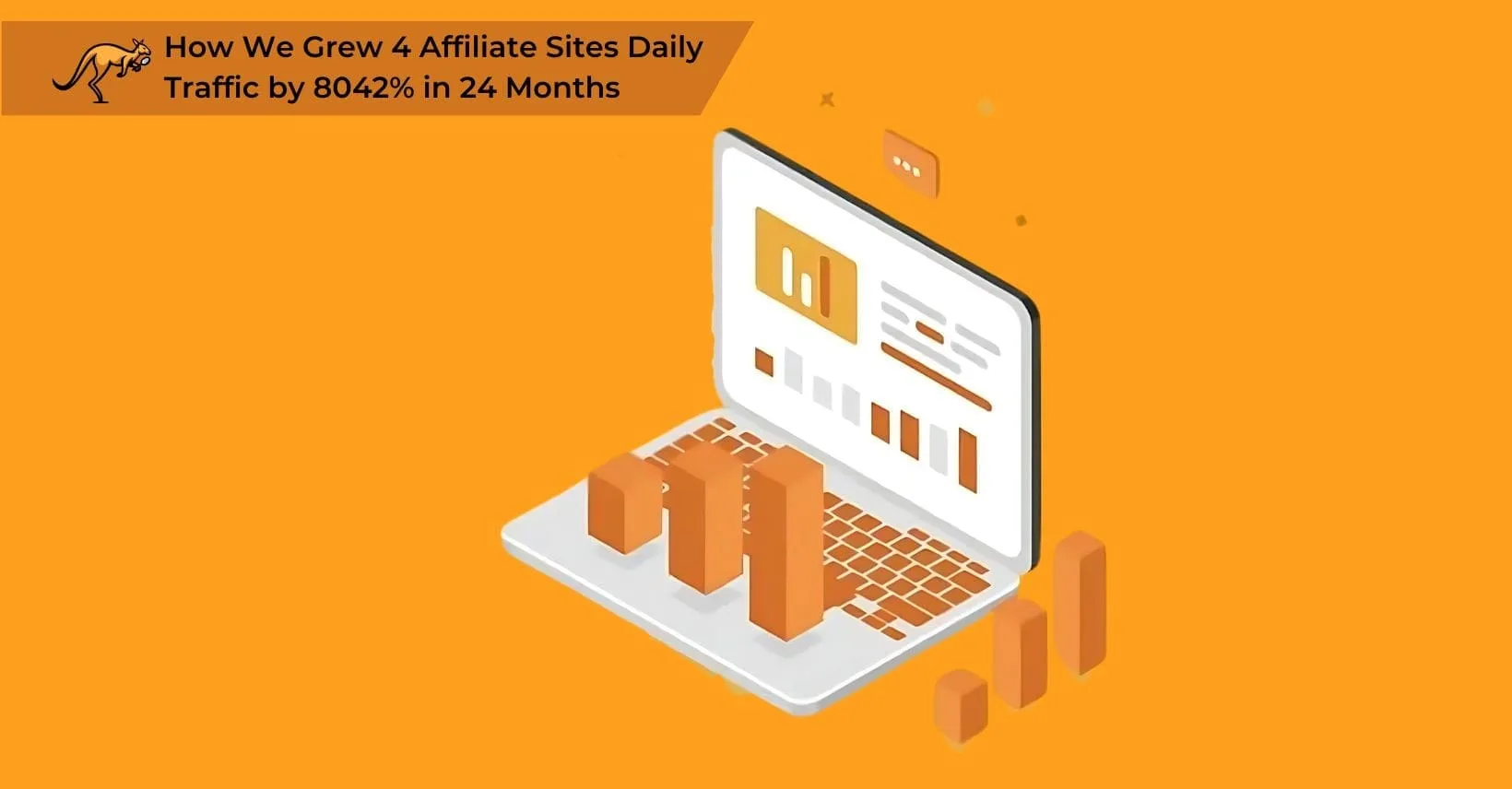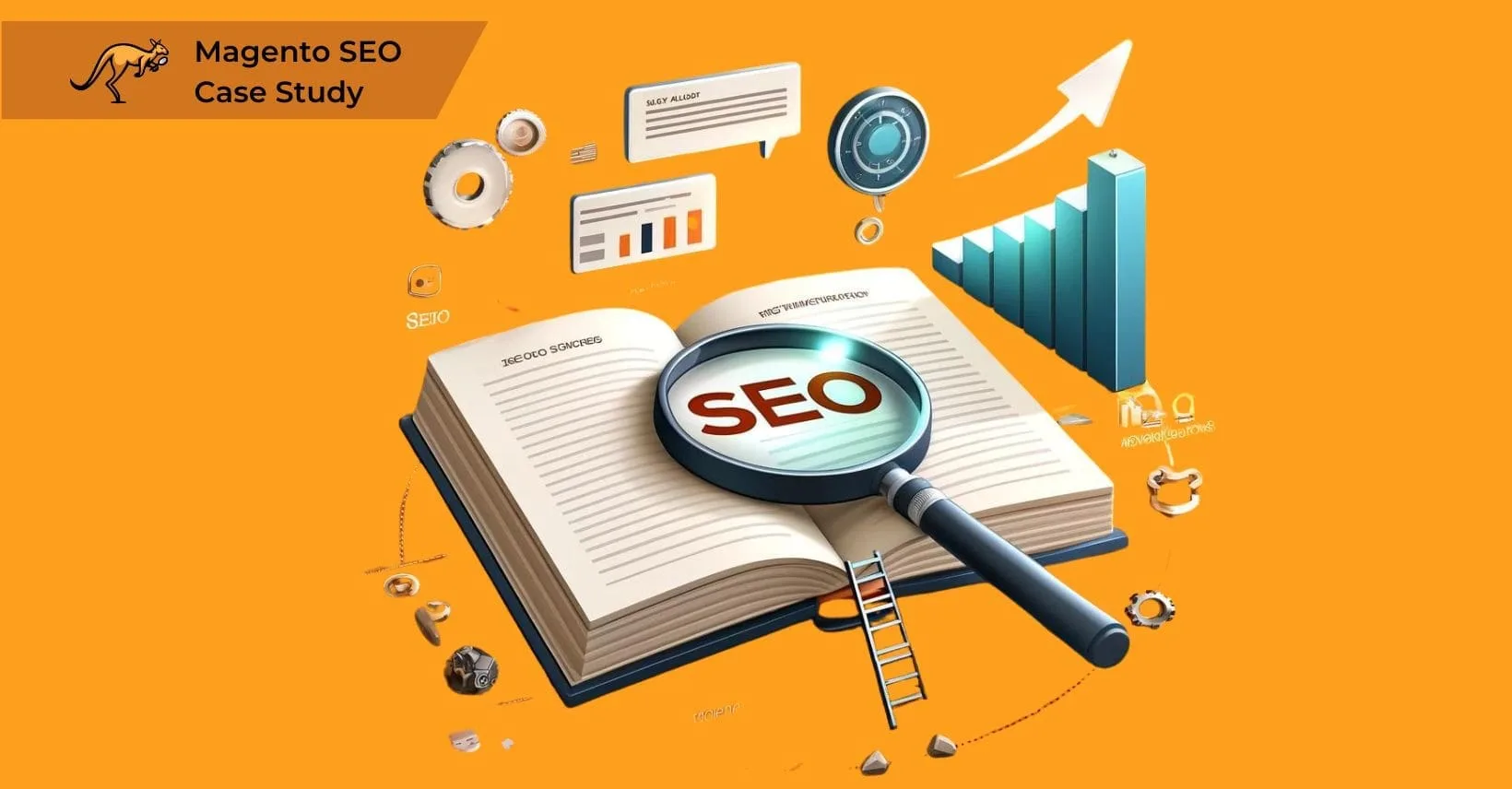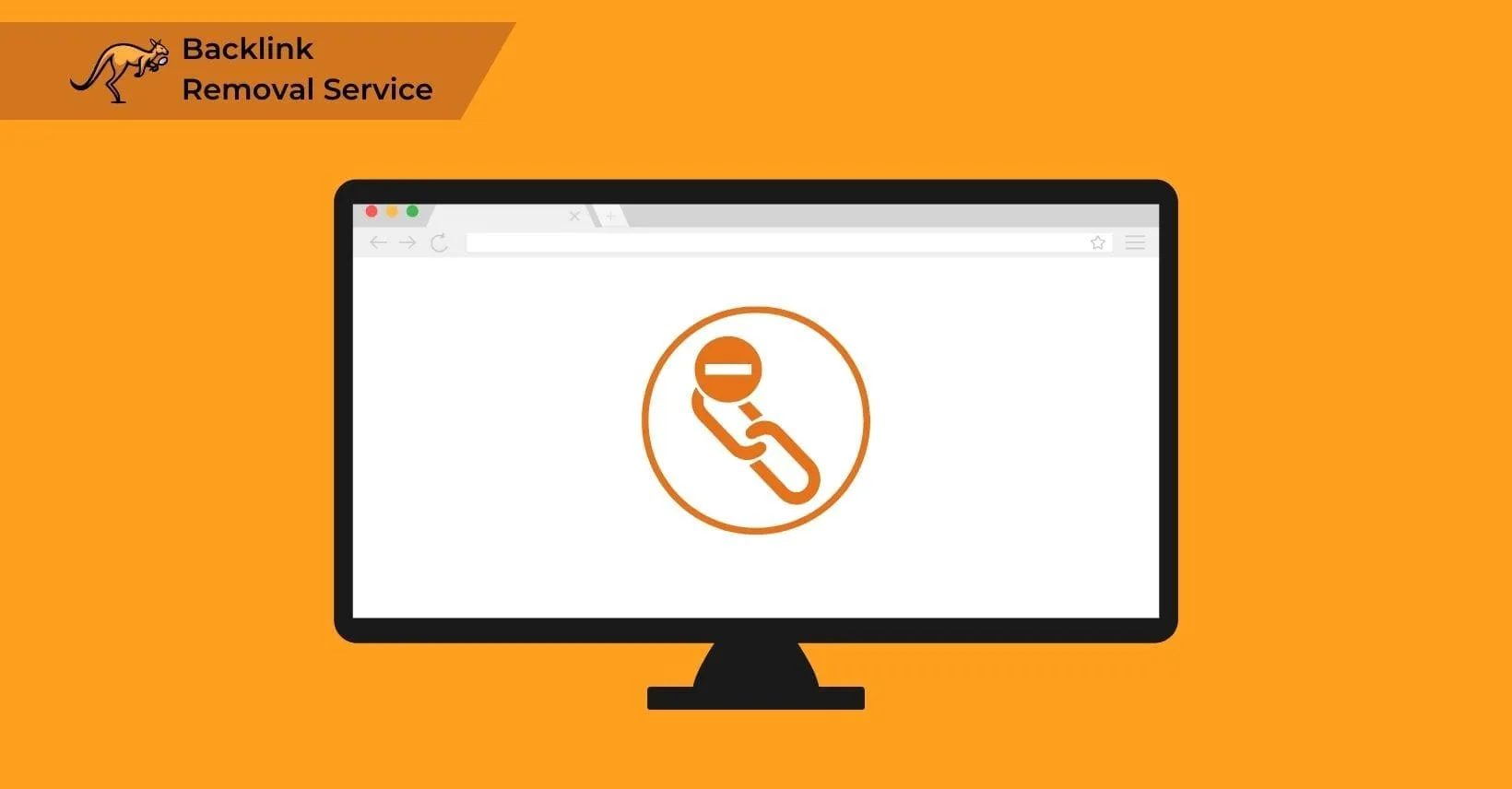If you have got any experience in SEO at all, you have probably run into the endless challenge that is forming a link building strategy and running your resultant link building campaign.
In the Ecommerce sector, link building strategies can be even more challenging than building links in other industries, as ecommerce websites require specialized approaches that target product pages, category pages, and commercial content rather than purely informational resources.
However, we have years of experience in helping other websites with their link building strategies and proven success in obtaining quality links and organic traffic for online stores.
But how does this work? How many links pointing to your site, do you actually need? How can a link building strategy be modified to provide high-quality backlinks for an online store?
We are here to help with that.
In this blog post, we are going to go through how we go regarding building links for ecommerce sites (and indeed for our own site) and then give some examples of how we have succeeded in helping sites to get noticed by search engines.
So if you have any questions regarding how to attract links to your ecommerce brands, whether you are in the health niche, the tech industry, or any other niche, just read on below to find out more.
What Is Ecommerce Link Building?
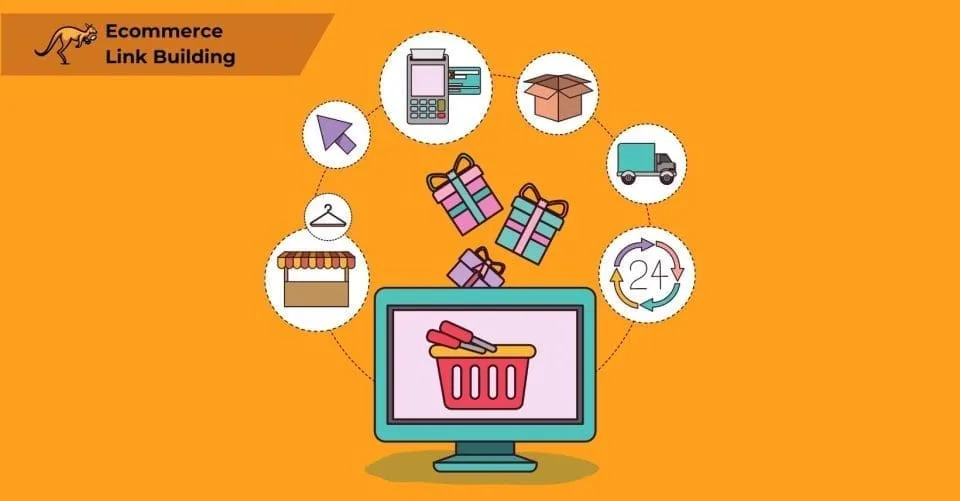
eCommerce link building is a term that refers to the process of building links back to your eCommerce site, which should then increase your search engine rankings as a result.
eCommerce is an abbreviation of electronic commerce.
So, essentially, link building is when an online retail firm creates high-quality links back to its product pages in order to enhance organic traffic and domain authority, helping the site to rise above its competition.
Backlinks are vital for your eCommerce business since algorithms consider them to be a favorable indicator for a website or web page, with our case studies showing that ecommerce sites with strong backlink profiles experience higher conversion rates, improved visibility for product pages, and greater trust from potential customers.
Link building is essential for all platforms: it makes no difference if your business is powered by BigCommerce or Shopify.
For Ecommerce site owners, link building is a critical part of the complex and ever-changing SEO equation, with unique challenges including the difficulty of attracting links to commercial pages, overcoming the transactional nature of product content, and competing against established marketplaces that dominate search results..
The highest-performing pages on any site tend to be the ones that have the most backlinks from authoritative referring domains.
Ranking well on Google for relevant searches is essentially equivalent to the advantages of having a physical shop located on a busy high street for ecommerce stores.
You will generate a vast number of sales for the simple reason that you are in the right place at the right time, easy to find when people want to spend money on products in your niche.
Focusing exclusively on one SEO technique for Ecommerce is generally unwise, but if you must choose a single area to prioritize, enhancing your backlink profile through link building is an excellent choice.
This foundational approach strengthens your site’s authority and sets the stage for advanced strategies. Now, let’s delve into our specific methods in the section, where we detail effective link-building practices tailored for ecommerce platforms.
How We Build Links For Ecommerce Businesses
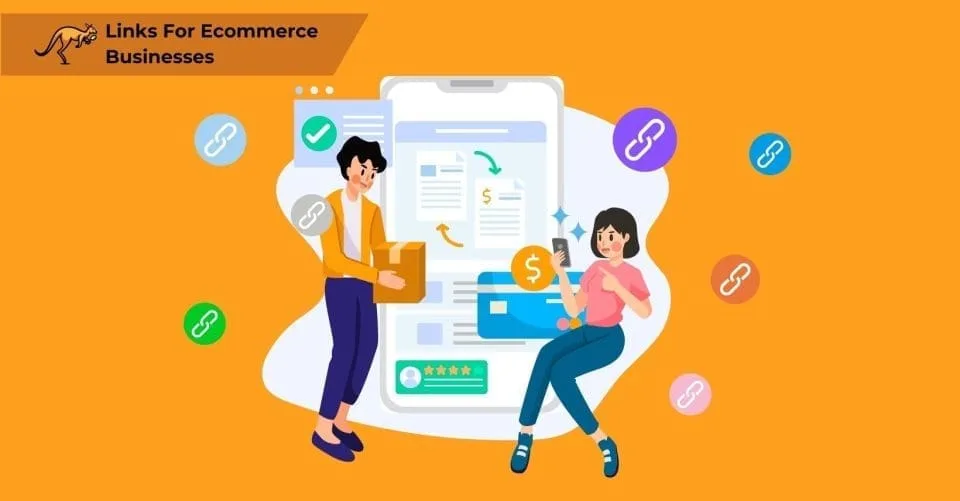
Our link building efforts for ecommerce sites tend to approach the link building campaign from a number of different angles simultaneously, including creating linkable assets, securing niche edits, establishing affiliate partnerships, recovering unlinked brand mentions, and implementing digital PR strategies that specifically highlight products and commercial offerings.
That way, if one method fails to earn inbound links and organic traffic, there are enough other options that our clients are sure to acquire high-quality backlinks from high-authority sites anyway.
Here are a few of the methods we use to build links, each of which has a high estimated value as part of a wider link building campaign.
Creating Linkable Assets
A linkable asset is simply a piece of content on your website that people are likely to want to link to.
You may already have some of these among your existing content, or you may need some new ones to be created in order to attract powerful links.
Either way, the best way to drive traffic is to make content that people want to visit.
That means it needs to be better than competing websites, as they will also be trying to create linkable content.
The blog section of your website is the ideal place to put linkable content, with quality content such as premium article pages attracting links from authoritative and non-spammy sites.
Guide pages, list articles, FAQ pages, useful tools, and original competitive research are the most useful forms of valuable content, likely to attract links very effectively.
Niche Edits
Ecommerce firms can benefit from niche editing.
This process begins by searching Google for information relevant to the ecommerce store product, then contacting the webmaster with a request that they include a link to the site in the article.
This often drives organic traffic very effectively and is one of the most effective link building efforts for sites in small niches.
The disadvantage is that these links are virtually always paid for.
However, the speed with which this strategy can often gain connections can make the return on investment well worth the expenditure.
Sponsored Product Reviews
Sponsored product reviews are an excellent technique to generate backlinks to your website.
As part of our portfolio of link building efforts, we can contact bloggers or influencers in your niche and ask them to review your product.
The reviewers will usually specify what they expect in return. A small blogger could be delighted to get your goods free of charge in return for a review.
Depending on the pricing of your goods, this may be a fantastic deal for you. A major publisher, on the other hand, may require you to pay in order to get a review.
To comply with Google requirements, paid reviews and posts must be clearly identified, and the link must have the “sponsored” label.
Failure to comply with this can lead to your site being de-indexed from Google search results.
Affiliate Partnerships
Creating affiliate partnerships is a great method to improve sales and attract more visitors to your website, and also an excellent method to gain links referring to your website.
Another advantage is that these links frequently go directly to your product pages.
The primary challenge of this method is the process of creating an affiliate program. You must demonstrate to prospective partners that your program has the potential to pay out effectively.
The good news is that if you can demonstrate that your program is lucrative, we can locate partners who will connect to your site.
By providing constant returns to publications, you will encourage them to continue writing regarding your brand, directing relevant links to your site.
Unlinked Brand Mentions
When someone mentions your brand in a blog article, they usually include a link to you. People occasionally fail to include the link.
If you can figure out when this happens, you can contact the website owner and ask them to include a link to your site – they are usually pleased to do so.
We can take care of this process, chasing up on unlinked mentions of your brand and obtaining links through this.
Setting up a Google alert for your company will provide a notification anytime someone publishes a webpage containing your brand name.
It is easy to customize the alert settings based on the kind of source, language, area, and frequency with which you wish to receive emails.
Once this has been set up and the initial inquiries have been made, you can keep on top of future mentions yourself easily enough.
Guest Posting
Guest posts are a classic method of building backlinks. A guest post is simply an opportunity for you to write a post on someone else’s blog or website in which you link to your own website.
Guest posts are easy to write, usually relatively cheap and easy to set up, and provide relevant backlinks to your site.
They are not always particularly effective for obtaining organic traffic, but they are a good way to build backlinks to enhance your backlink profile.
Digital PR

Digital PR is selectively used in our link building campaigns, especially for clients whose products generate press interest. This strategy hinges on the press’s capacity to engage with stories that hold notable public appeal.
For businesses that frequently engage in activities or launch products that merit media coverage, digital PR can yield powerful results. The coverage typically comes from high-authority domains, which provide exceptionally valuable backlinks.
This emphasis on strategic media engagement leads us directly into our next section, where we explore the tangible impacts of such approaches.
Ecommerce Link Building Case Study and Examples
Here are a few case studies from our years of link building experience.
In each case, our strategy resulted in vastly improved backlink profiles, as well as a rise in Google search results and growth in organic traffic to the client’s websites.
Let’s take a look at a few link building case study examples.
Outreach and Research
One of our recent link building case studies was a company that contacted us to help them fix their backlink profile.
They had a good website, with plenty of great content and lots of on-page SEO, but no outreach and link building strategy.
That is where we came in to help them become visible to their target audience.
The first step was simply to search Google. We researched important rivals to find out what kind of material gets links in the sector.
We then found comparable information on the client’s website. We also assessed if the pages had strong organic potential and conversion rates.
After that, we developed an outreach persona based on a client employee before developing email templates and assembling lists of websites and bloggers to contact.
Finding pages connecting to obsolete resources comparable to the client’s newer content and recommending that the sites link to ours instead was one of the more effective methods.
This approach led to a huge increase in links to the client’s website, boosting their ranking for competitive keywords and increasing traffic by a factor of four.
Keyword Adjustment
We were contacted by a web hosting provider who knew their target audience and goals but were having difficulty getting traffic via Google.
This was a tricky one, as this particular industry is an exceptionally competitive one, but we were still able to help.
The first step was to perform comprehensive competitive keyword research.
We found that the main keyword used on this site was used by a lot of other websites, but with a little keyword adjustment, they could target an audience with exact queries and much less competition.
By replacing their existing keywords with more competitive keywords through site explorer editing, we managed to raise the client’s profile so that they appeared on the first page of sites listed by Google for their niche.
Overcoming Challenges
One of our more interesting clients was a vape retail company in need of help selling their products, including vape rigs, rolling paper, dab rigs, cannabis vaporizers, and similar vaping and smoking accessories.
This was a particularly tricky optimisation journey, as the vape niche is notoriously challenging with advertising restrictions, limited outreach opportunities, and high competition, which strategic link building helped overcome by establishing authority through alternative channels.
The client wanted to grow their organic traffic but could not find an effective method.
This is because sites in the vaping niche are restricted from advertising on major platforms such as Google ads, which massively restricts their access to most normal traffic-driving methods that other sites rely on.
Because of the advertising ban, our approach to building traffic relied on reaching out to blogs and independent websites already within the smoking and vaping niche.
There are many of these, and they understand the difficulties posed by Google’s ad restrictions.
We started small, focusing on small blogs and only reaching out to larger sites once we had raised the client’s domain rating to an appropriate level.
The end result of this link building campaign was a huge increase in organic traffic and a 45% improvement in search rankings for commercial keywords, but it took a lot of sustained link building work and a real focus on long-term, sustainable growth rather than instant results.
Moving from Ads to SEO
One of our more recent ecommerce clients came to us with a great reluctance to embrace SEO for traffic fully.
They had been relying on social media advertising and paid ads on Google, which had been providing organic traffic well enough but were not a sustainable way to continue raising brand awareness.
We needed to help them move away from a reliance on advertising and develop a sustainable SEO strategy that could help drive customers to their products in the longer term.
This was achieved by focusing on the content on their site. All they had was product pages and advertising, which did not do much to attract backlinks organically.
We resolved this problem by helping them focus on providing valuable, informative content on blog pages attached to their store.
We then reached out to relevant sites in their niche and encouraged them to link to the resources that were now hosted on the site.
This approach required the creation of a great deal of new content, but the end result was valuable, with high-quality informative blog posts attracting valuable backlinks.
Building links for the ecommerce site took time, but the steady influx of links has reliably enhanced the site’s profile and reduced their ad spend by 60% within six months. This gradual improvement proves more sustainable and beneficial in the long term than their previous heavy reliance on costly paid advertisements, draining the company’s resources.
Such strategic enhancements in link building pave the way to our next section, where we consolidate the key lessons and strategies for sustained growth in ecommerce visibility.
Conclusion: Mastering Ecommerce Link Building for Success
Link building for ecommerce can be a slow process, but it is one that provides invaluable results every time.
We pride ourselves on the efficacy of our methods, as should be evident from the case studies above, and we continue to learn and grow as the complex world of SEO management continues to evolve.
Link building is not a single method. There are several different ways to build links, and each option is more appropriate for certain niches and sites than others.
We can adjust our methods to suit the special needs of your site, ensuring that you see results as efficiently and effectively as possible.
If you are struggling to get the traffic you want to your site, we can help you.
We will take a look at your current status, work out a strategy, and then take all the steps necessary to get you rising up those ranks as soon as possible.
Frequently Asked Questions
What is link building and why is it so important?
The practice of obtaining backlinks from other websites to your own site is known as link building.
This improves your site’s search engine rankings and boosts the number of organic visitors your web pages receive.
In today’s digital market, a strong link building strategy is critical for increasing brand visibility, establishing niche authority, and staying ahead of your competition.
Can link building be used for businesses in specialized niches?
Link building can be very effective for niche businesses! We have expertise working with firms in a wide range of specialized niche markets, as illustrated by the case studies above.
We fully understand the particular obstacles that these businesses tend to face, and we personalize our link building techniques to produce outstanding outcomes in any niche.
How long does it take for a link building effort to produce results?
The length of time it takes to see results from ecommerce link building depends on the industry, the nature of your competition, and the efficiency of the link building strategy, with most of our ecommerce clients observing initial ranking improvements within 2-3 months and significant traffic increases after 4-6 months of consistent link acquisition
Clients in several of the case studies cited saw large increases in organic traffic and search engine rankings within a few months.
What are the ramifications of failing to monitor backlinks?
Not monitoring backlinks can have a negative SEO impact, such as poor website authority and potential search engine penalties for spammy or low-quality connections.
Is social media link building significant to SEO?
Yes, generating social media links is vital for SEO. People linking to your site on social media can help raise the visibility of your website, attract new customers, and improve your website authority.
